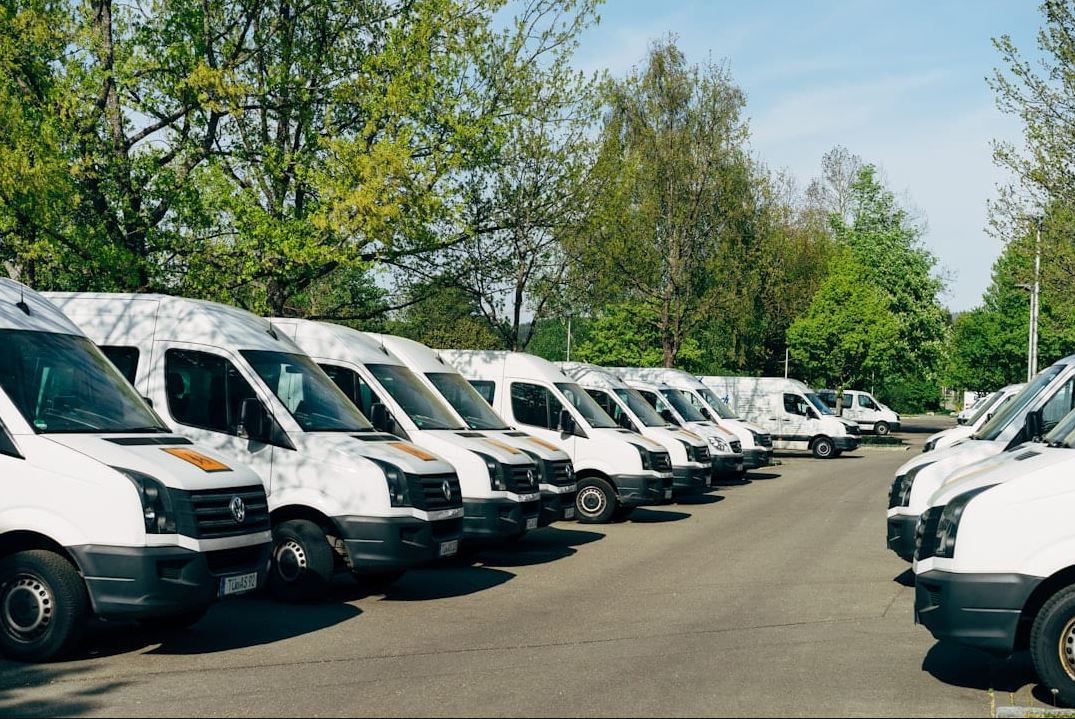
When selecting insurance for your trucking operations, it's crucial to choose a provider that matches your specific needs. Here are some options to consider:
Selecting the right insurance provider depends on your operation size, experience level, and specific needs, so choose wisely to ensure peace of mind on the road.
When estimating insurance expenses for motor carriers under Amazon Relay, it's crucial to consider the variability of these costs, which are influenced by several key factors:
Policy Coverage and Additional Insurance:
Policy Limits and Deductibles:
Driving Records and Claims History:
Geographical Location:
Vehicle Type and Fleet Size:
It's essential for motor carriers to comprehensively assess these factors when planning their insurance strategy to ensure accurate budgeting and adequate coverage.
Workers’ Compensation insurance in all jurisdictions where your company operates. This essential coverage ensures compliance with state regulations, which vary based on your company's specific operations. It's crucial to understand and meet these guidelines to protect both your business and employees effectively.
Employer Liability not less than $100,000 per occurrence. This coverage acts as a safeguard against potential legal claims from employees, ensuring your business is prepared for unforeseen incidents.
When managing a workforce of W-2 employees, it's important to align your insurance policies with state-specific requirements. This not only secures your workforce but also ensures your company remains compliant with local laws. Make sure to frequently review your coverage to adapt to any changes in state regulations or business operations.
To successfully partner with Amazon Relay, trucking companies must meet a blend of regulatory and insurance requirements. Below is a comprehensive breakdown:
In addition to meeting regulatory standards, carrying the correct insurance coverage is crucial:
By ensuring compliance with these detailed regulatory and insurance requirements, your company can efficiently partner with Amazon Relay and capitalize on the opportunities offered.